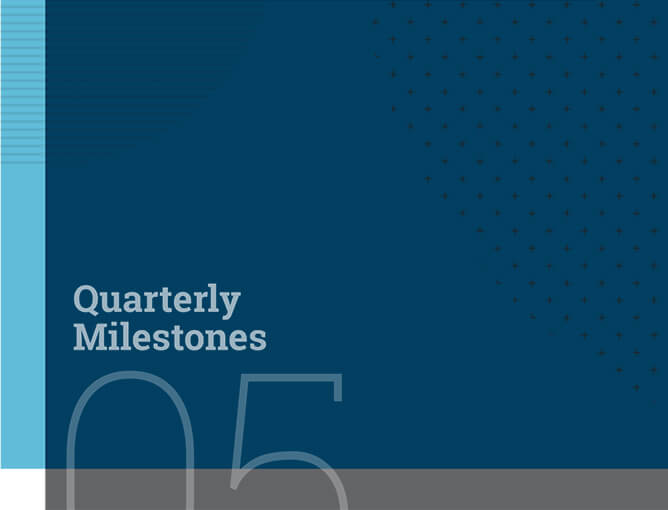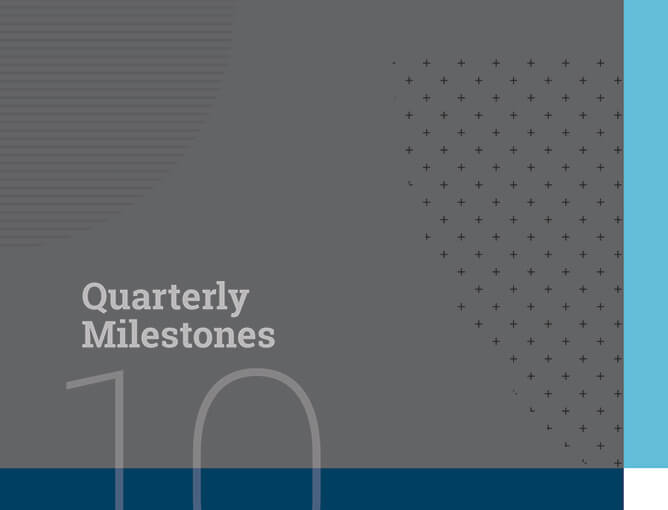
Mohit RohatgiPartner

Ashwini TakAssociate
Key Developments
-
Supreme Court clarifies the scope of adjudicating authority’s power to decide on a financial creditor’s insolvency application when debt and default have been established
The Supreme Court re-examined the scope of powers of the National Company Law Tribunal (NCLT), the adjudicating authority under the Insolvency and Bankruptcy Code, 2016 (IBC), to hold that the NCLT is left with very little discretion but to admit a financial creditor’s application to initiate insolvency proceedings in cases where the existence of financial debt and its default by the corporate debtor have been established.
This judgment comes in the backdrop of an earlier decision, in Vidarbha Industries Power Limited v Axis Bank Limited¸ where the Supreme Court had deviated from established jurisprudence to hold that the NCLT possesses sufficient discretion to not admit a financial creditor’s insolvency application despite the existence of debt and its default being proven as per the evidentiary standard prescribed under the IBC.
(To read our detailed update on this decision, click here.)
-
Supreme Court holds unstamped or insufficiently stamped arbitration agreements unenforceable
In a far-reaching decision, a five-judge bench of the Supreme Court has ruled that an agreement that is exigible to stamp duty but is unstamped or insufficiently stamped cannot be said to be an enforceable contract. Consequently, it held that an arbitration clause contained under such an unstamped or insufficiently stamped agreement could not be acted upon and would be considered ‘non-existent’ in law unless payment of proper stamp duty is made in accordance with the Stamp Act, 1899.
While this decision brings some clarity to a contentious issue, several issues remain in the grey, such as the applicability of this decision to foreign arbitrations, the grant of interim reliefs, and the validity and enforceability of arbitral awards.
(To read our detailed update on this decision, click here.)
-
Delhi High Court holds arbitral award to be unenforceable against a third-party funder
In an important step towards the development of jurisprudence on third-party funding in India, the Delhi High Court, in the case of Tomorrow Sales Agency Pvt. Ltd. v SBS Holdings Inc. & Ors., refused to hold a third-party funder liable for furnishing security in respect of enforcement proceedings of a foreign award. Considering that there is not much jurisprudence available in the sphere of third-party funding, this judgment comes as a welcome step.
In this case, proceedings under Section 9 of the Arbitration and Conciliation Act, 1996 (Act) were initiated by SBS Holdings Inc. (SBS) seeking an order directing Tomorrow Sales Agency Private Limited (TSA), the third party funder, and the other parties to the arbitration, to disclose details of assets, to furnish security in respect of amounts awarded by the arbitral tribunal and to restrain TSA and others from creating any third-party interest or right or title in respect of unencumbered movable or immovable assets. While the single judge of the Delhi High Court granted the reliefs prayed for by SBS, in a challenge under Section 37 of the Act by TSA, the division bench of the Delhi High Court set aside the single judge’s order to the extent the order was passed in respect of TSA. In holding so, the division bench considered the arguments on when a non-signatory can be bound by an arbitration agreement and, consequently, the award arising subsequent to it. The division bench also referred to the provisions of the Act and the Code of Civil Procedure, 1908 to remark that the claimed reliefs could not have been sought against TSA, even in enforcement proceedings under the Act. The bench further specifically held that third-party funders “cannot be mulcted with liability, which they have neither undertaken nor are aware of.”
While the division bench called for certain rules to be formulated for transparency and disclosure in respect of funding arrangements in arbitration proceedings, it has laid emphasis on not burdening third-party funders with liability that they have not agreed to bear. In view of this judgment, it becomes paramount to have a specific exclusionary clause in the funding agreements to avoid unforeseen liabilities.
-
Jharkhand High Court holds that a resolution professional falls within the definition of a ‘public servant’ and can be proceeded against under the Prevention of Corruption Act, 1988
In a recent decision, in the case of Sanjay Kumar Agarwal v Central Bureau of Investigation, Anti Corruption Bureau, Dhanbad, the Jharkhand High Court held that a resolution professional (RP), appointed under the IBC, would come within the meaning of a ‘public servant’ under section 2(c) of the Prevention of Corruption Act, 1988 (PC Act) and can thus be proceeded against. The Court compared the duties/functions discharged by an RP, such as those pertaining to loans extended by banks which are investments from the public at large, to ‘public duty’. It accordingly held that an RP cannot claim immunity under Section 233 of the IBC, which protects RPs against criminal prosecution for acts done in good faith and not against acts of corruption.
The Court clarified that the definition of ‘public servant’ under the PC Act is vast and expansive. It is not limited to those serving under the government or its instrumentalities and drawing salaries from the public exchequer. It observed that the role of an RP and the duties to be performed by it are in the nature of public duty.
An appeal against this judgment is currently pending before the Supreme Court. The decision of the Supreme Court will have an overarching impact on multiple proceedings on this question currently pending before various courts and consequently, on the corporate insolvency resolution processes of the companies being overseen by these RPs.













